THE GREAT WAR
This is a historical account, an epic tale, and a character study of 2 brothers who were poles apart, yet bound by the mutual fiber of friendship, love, and compassion for each other.
The elder brother, Dhritarashtra who was also the ruling emperor was born blind and always felt that he had been dealt an unfair deck of cards by fate and providence. He constantly lamented about this handicap and developed numerous insecurities. He overcompensated for this inferiority complex by unfairly exerting his powers as a king and ‘turning a blind eye’ to many of his sons' improprieties and even outright dishonest, sinful, and vile actions. Mostly these despicable actions were aimed against his 5 nephews who had the rightful claim to the throne and possessed all good qualities and virtues to act as righteous king.
Many such aggressions and provocations ultimately culminated in the great war of ‘Mahabharata’; a legendary, fratricidal war fought approximately 5000 years back- literally translated as ‘The Great Epic of the Bharata Dynasty’. This voluminous, wonderful epic describes the conflicts, struggles, and dilemmas of the ruling dynasty at the time. It narrates the complex history of generations of righteous kings who inherited the throne that ruled the entire world. It weaves a tale of intricate relationships, political challenges, and multifaceted emotional and familial disturbances. Finally, this epic of Mahabharata brings us to the summit of all conflicts- the great war between right and wrong- ‘dharma’ (the path of God), and ‘adharma’ (the path against God).
THE 2 BROTHERS
When the causes of this war are analyzed, it really boils down to the narrow-minded and short-term vision of the ruling emperor, Dhritarashtra. Even though the 5 virtuous brothers won the war and inherited the kingdom; the tale goes on to describe further journey of the infamous king who lost the war, his kingdom, and all his sons.
This blind king had a younger brother, Vidura who was a very noble, wise, and virtuous man who possessed all godly qualities, and always acted in a moral, ethical, and compassionate manner. He was also an advisor and counselor to the king. Being his true friend, and well-wisher, and having natural, brotherly affection-he always provided good counsel. But most importantly, he was a devotee of the Lord- a gentle soul who wished to uphold ‘dharma’ and steer his brother, the king in the right direction.
DHRITARASHTRA
Spiritual Blindness versus Spiritual Vision.
Dhritarashtra’s real handicap was not that he was physically blind but rather that he was spiritually blind; meaning that he had a very short-term, temporary vision and could only focus on the ‘so-called gains’ like power, throne, name, fame, etc. The illusion of these temporary bodily gains can be extremely powerful- it bewilders and captivates those with lower nature. Whereas those in search of knowledge, eternal peace, and union with the divine can see the illusion created by the world and stay aloof from such flickering glamours.
Blind and Deaf
Blinded by these glamours, he could not heed the good counsel of his best well-wisher, brother, and true friend, Vidura. Despite being able to hear, he could not really listen to the good advice of those more learned and wiser than him. Therefore, Vidura’s council fell on deaf ears of Dhritarashtra who always chose to act opposite to the dharma despite knowing the implications and consequences of those actions.
Making Wrong choices
Despite knowing the righteous path, his duties, and his responsibilities as a king and a father, he made wrong choices and conceded to his temptations and the whims of his malicious sons.
Thus, he allowed many atrocities and transgressions to happen to his gentle, polite, and well-mannered nephews.
He neglected his duty as a king to provide a virtuous, noble ruler to the kingdom in favor of his wicked and evil-minded sons.
He also ignored his responsibility as a parent to instill the divine qualities of love, sacrifice, patience, tolerance, and compassion within his sons; rather permitted their lower nature to proliferate by being deaf and blind to their numerous faults and wicked tendencies.
Thus, despite knowing the godly path of dharma, he allowed his lower nature to overcome his mind constantly and always chose the path of ‘adharma’; this was ultimately his undoing; the cause of his ruin and the death of all his sons.
VIDURA
Bold, Brave, and Wise
Vidura being a wise man not only knew the Dharma but also acted on it. Being the king’s royal counselor, he always guided the king correctly, patiently, and confidently. He was always outspoken in his views about the king and his son’s conduct and intentions.
Preach even when no one listens!
Despite, Dhritarashtra’s blatant disregard for Vidura’s instructions and guidance, Vidura was always tolerant and compassionate to him. He continued to guide him, prayed for him, and patiently waited for the inevitable time to cause the transformation of the king’s heart.
Forgiving and Compassionate
Vidura was insulted by the shameless and wicked son of Dhritarashtra who was firmly fixed in his envious, enjoyer, and exploitative ideology. He refused to see the reason and reality and preferred to stay absorbed in the illusion and lies of this world. Thus, he deeply offended Vidura who considered this a signal from divinity to escape the repercussions of this war waged against the righteous folks.
This was the last straw and Vidura left the kingdom and care of his brother to take shelter of the holy people, pilgrimages, and the Supreme Person. His allegiance to the divine led him to accept renunciation and leave the palace to go on a holy pilgrimage. Thus, he submitted himself to acquire knowledge about the ‘ultimate reality free from illusion’, a life of complete detachment and the loving service of the Supreme lord.
THE UNDOING OF DHRITARASHTRA
INTENSE AMBITIONS AND DESIRES
Dhritarashtra allowed his sons and his ambitions to allure his heart. This was his only purpose and was the key to his heart in the pre-war era. Therefore, no one could touch his heart. Vidura and other great personalities like Bhishma or Vyasadeva could not create any transformation.
UNHEALTHY COMPETITION AND ENVY
His unhealthy competition with his brother and nephews led to constant comparison, and bred enviousness in his heart instead of affection, friendship, and care for those in his shelter. This was an extremely degrading quality where he favored his sons and even facilitated their wicked actions against the pious and noble brothers.
INTENSE ATTACHMENTS
Dhritarashtra had allowed himself to be consumed by the affection for his sons. He could not exercise his discrimination and reasoning to differentiate between short-term gains that would cause his and their ruin and short-term struggles that could have made him a hero.
Socrates described 3 parts of a soul- ‘reason’, ‘appetite’, and ‘spiritedness’.
Reason is the part that deliberates and calculates.
Appetite is the one that has hunger, passion, and numerous insatiable desires.
Spiritedness is the moral center or regulatory part set in the middle between reason and appetite.
If one allows passions and hunger to overcome sound reasoning and discrimination without exercising spiritedness- then the future is bleak, and defeat is certain as in the case of Dhritarashtra. One tends to believe the illusion as reality in such a situation. Socrates recommended that reason must regulate the appetite through spiritedness.
Could Dhritarashtra have changed the course of his life?
Yes! We all have a choice to follow the right path. It may be hard but making the right choice and heeding the voice of reason uplifts one’s consciousness and leads to a better future for self and others.
Could he have been victorious in this journey, achieved perfection, and received glorification, adoration, and happiness?
Yes! He knew the right path yet chose to stray and ignored Vidura’s guidance. He was not a victim of the mistreatments posed by the world or by the divinity, rather he was a victim of his own poor choices, deluded mind, short-term mindset, and narrow vision. This led to his downfall.
THE RESCUE
VIDURA RETURNS
Many years after the war was over, Vidura returned one last time to bring about transformation in the heart of his brother. Dhritarashtra, having lost all his sons and his kingdom was living under the care and shelter of his nephews who loved him like their father despite all the past atrocities.
He had acted helpless, and pitiable for so many years that finally the power of time drove him to a pathetic state. Ultimately, still drowning in the material anxieties, attached to his body and kingdom, holding onto numerous grudges- he was rescued by Vidura who showed him the mirror.
After Vidura returned for one last visit with Dhritarashtra, he found a very old man defeated by inevitable time with frustrated desires and dashed hopes. This time he was amenable to change, reflection, introspection, and transformation. This time he allowed the words to enter his heart and could see things as they are- the ‘reality separate from illusion’. He saw the errors of his ways.
This time Vidura was successful in transforming the heart of Dhritarashtra. Thus, both brothers departed for the forest, giving up all attachments, and desires to enjoy this world, cutting all ties to the illusions- in search of ‘Absolute Truth’. By the mercy and compassion of this munificent soul, Vidura—Dhritarashtra achieved the perfection of life.




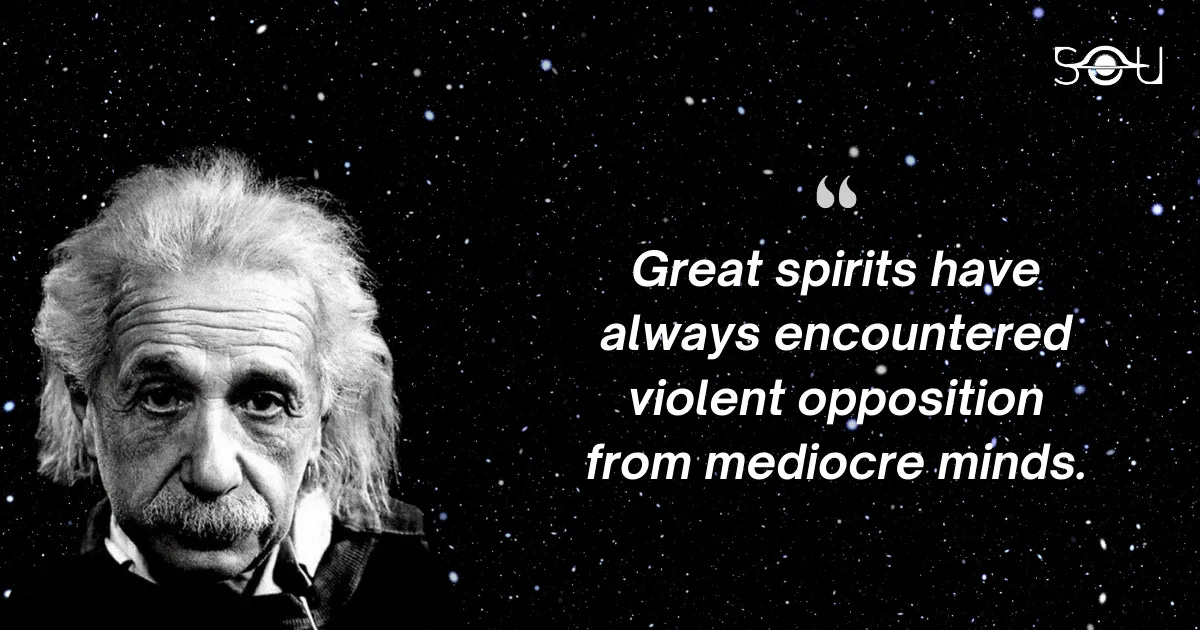
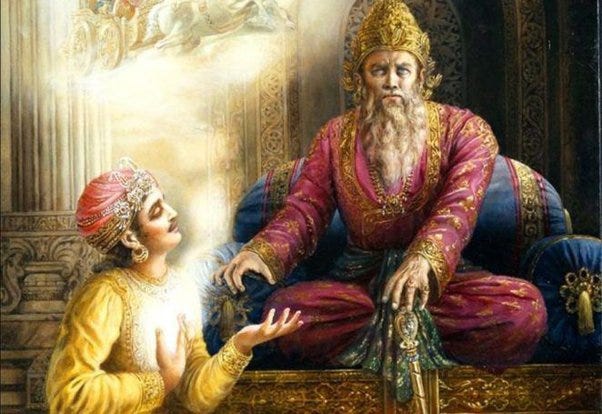

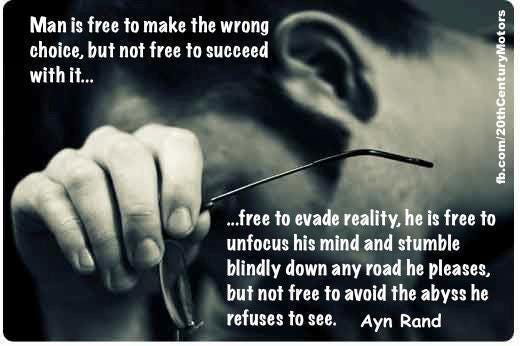
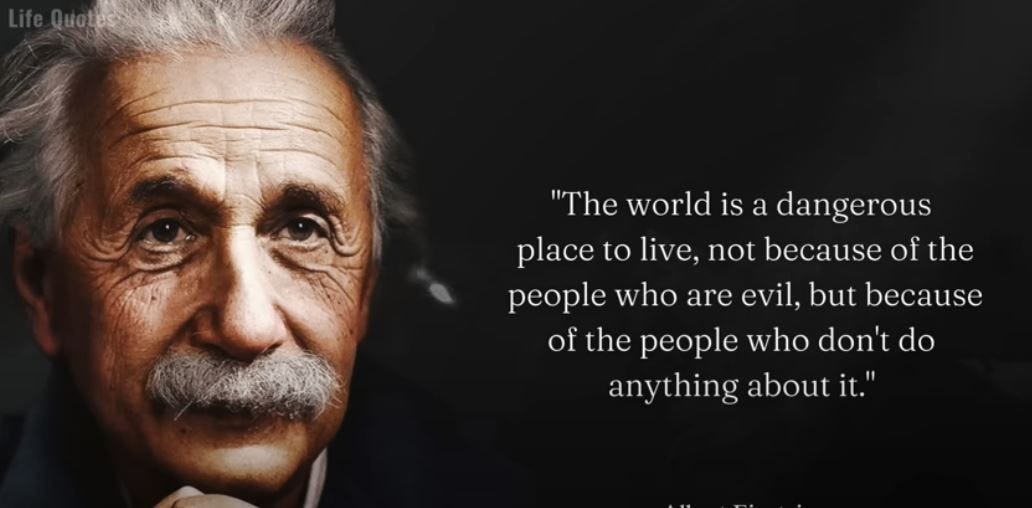
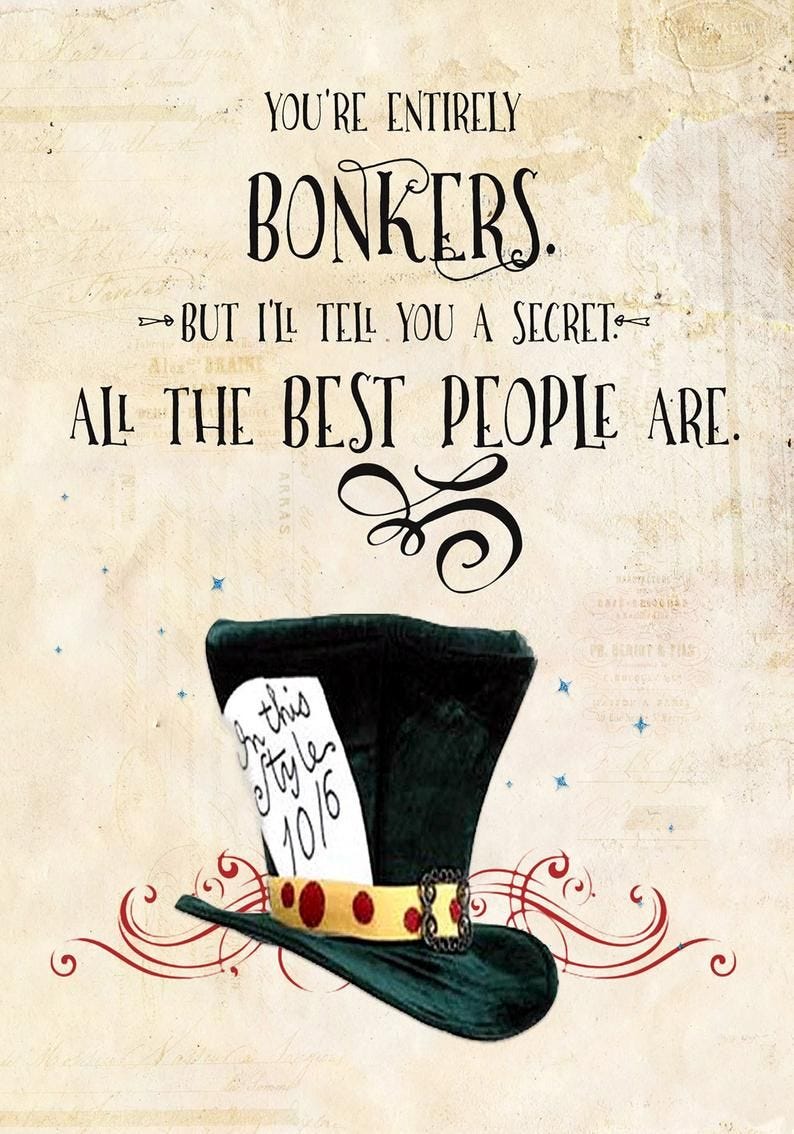

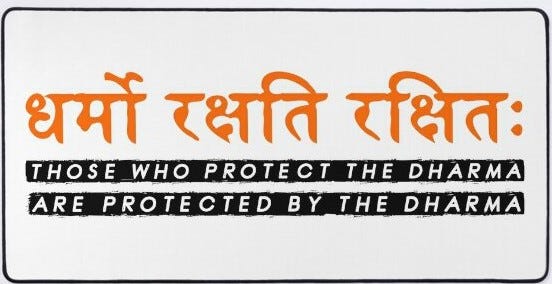
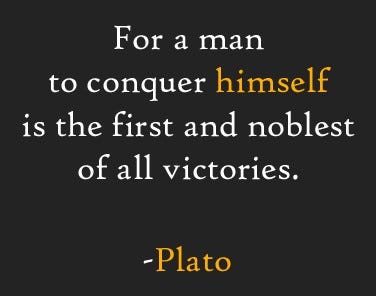
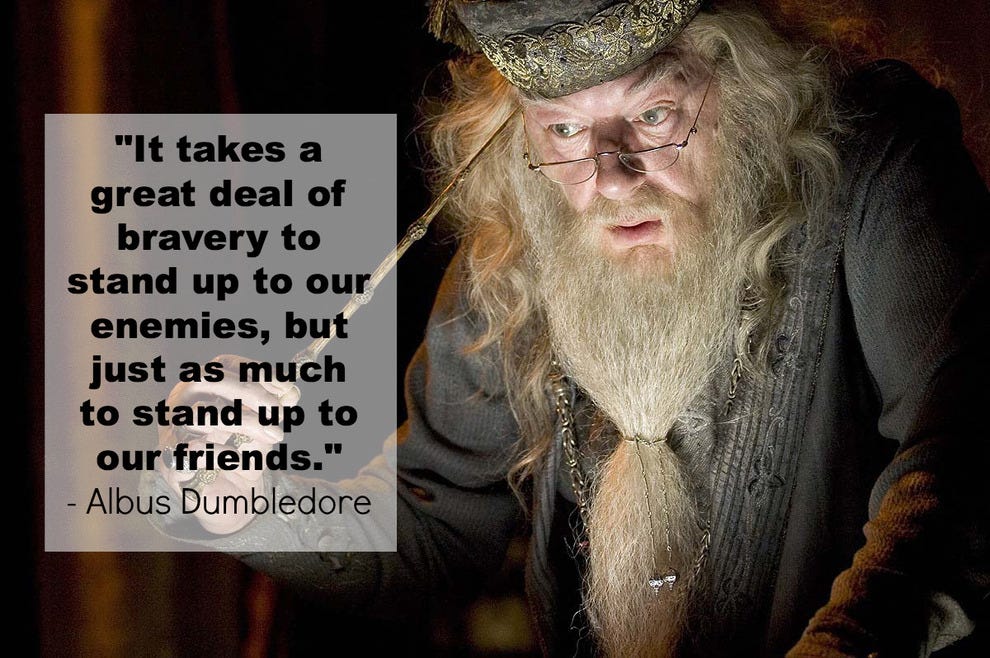
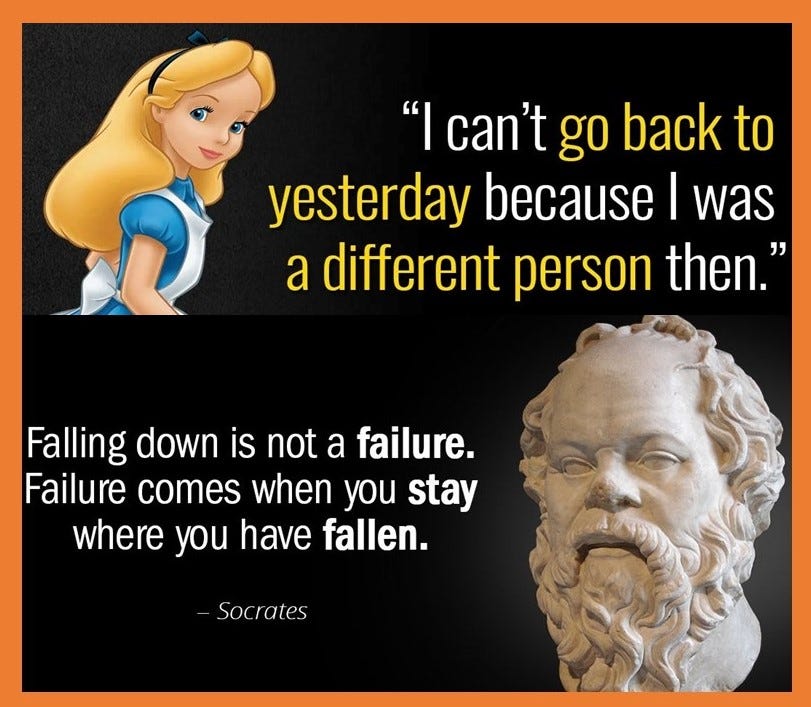

Yeah this world is full of Dhritrashras…all around us nd we have to be careful to choose the right path to have a better life…VIdura was a noble wise person with Godly qualities nd always followed the path of Dharma…he always advised his brother to go on the right path,who didn’t pay attention to his good advice so leading to war nd destruction of his sons and whole kingdom ….In this modern world one should find out persons like VIdura and follow his instructions and path of Dharma….Be as gentle as possible and kind hearted…OM SAT SAT
What an insightful blog on the common story. We often think we are the Vidura but are in truth Dhitrastra, we need to instead of thinking we are perfect, find find ourselves our own Vidura and also try to be one.